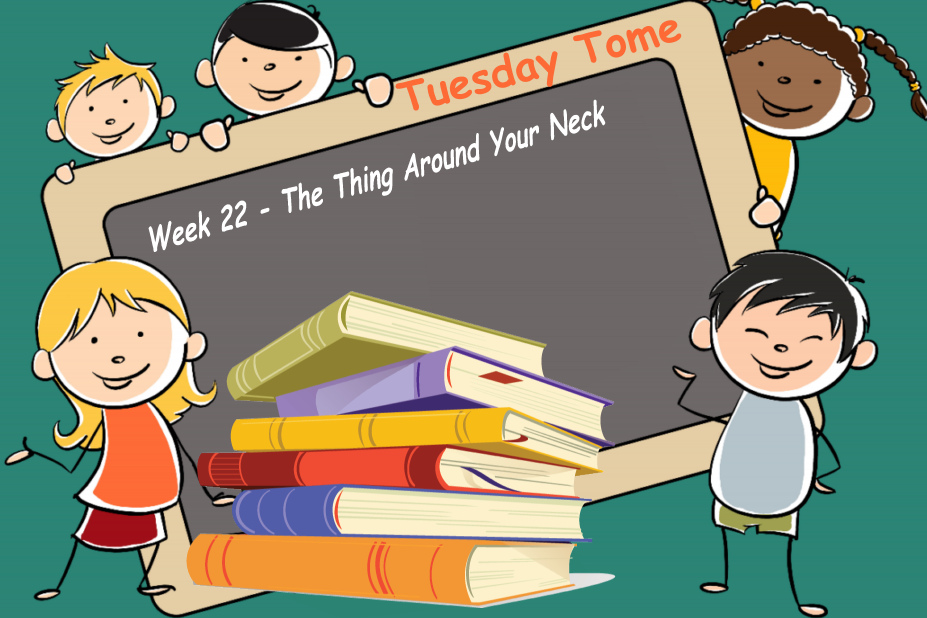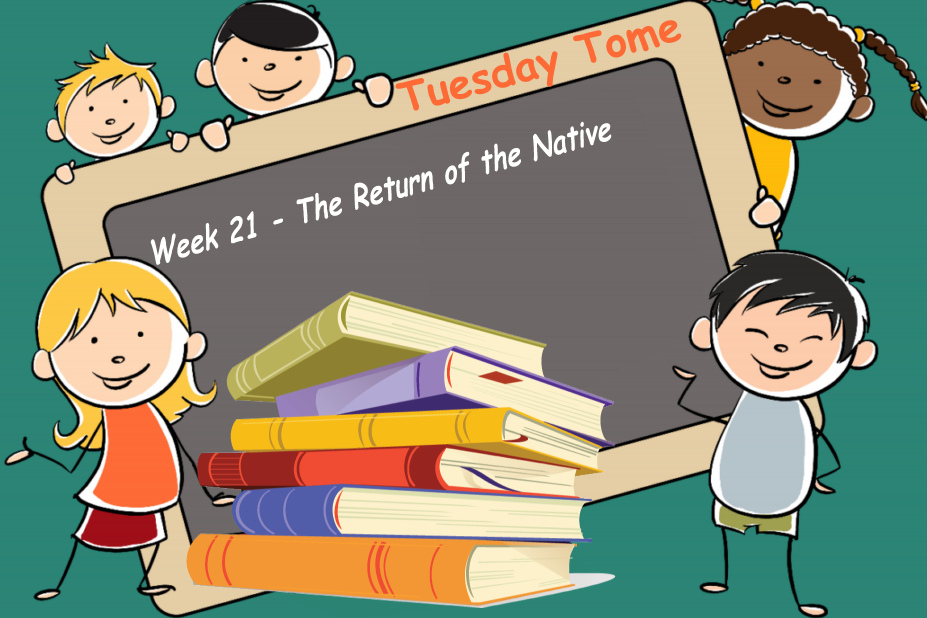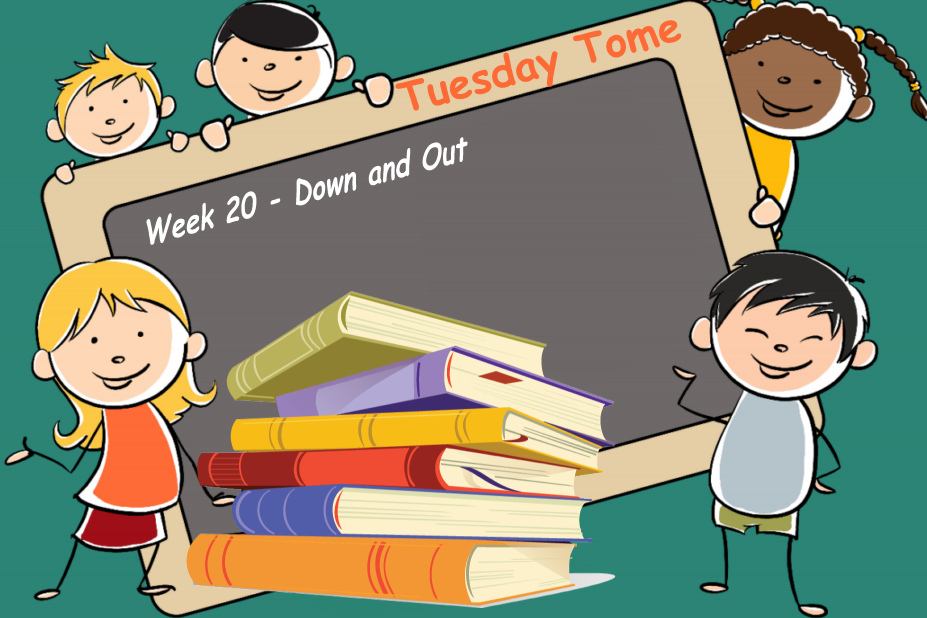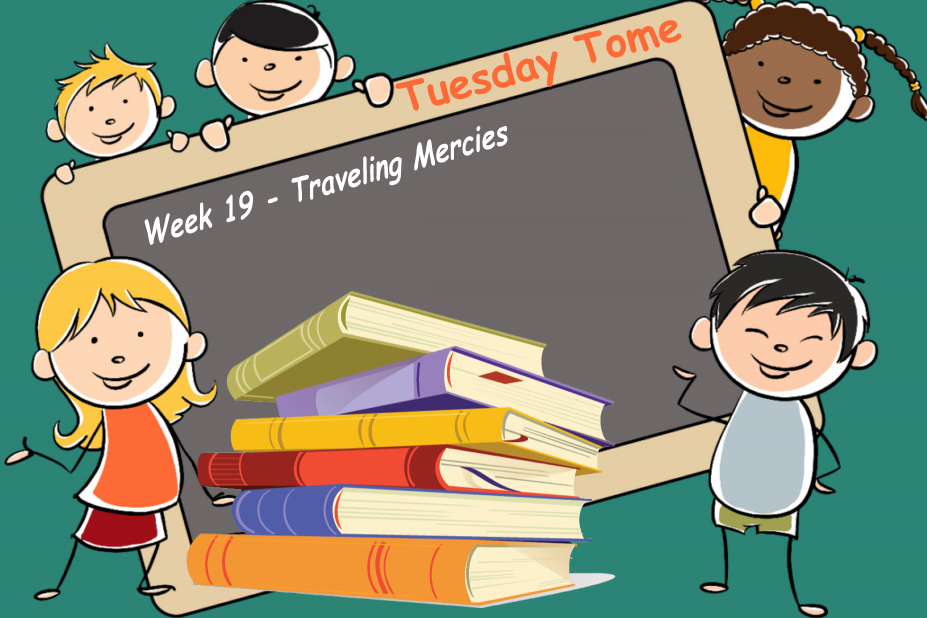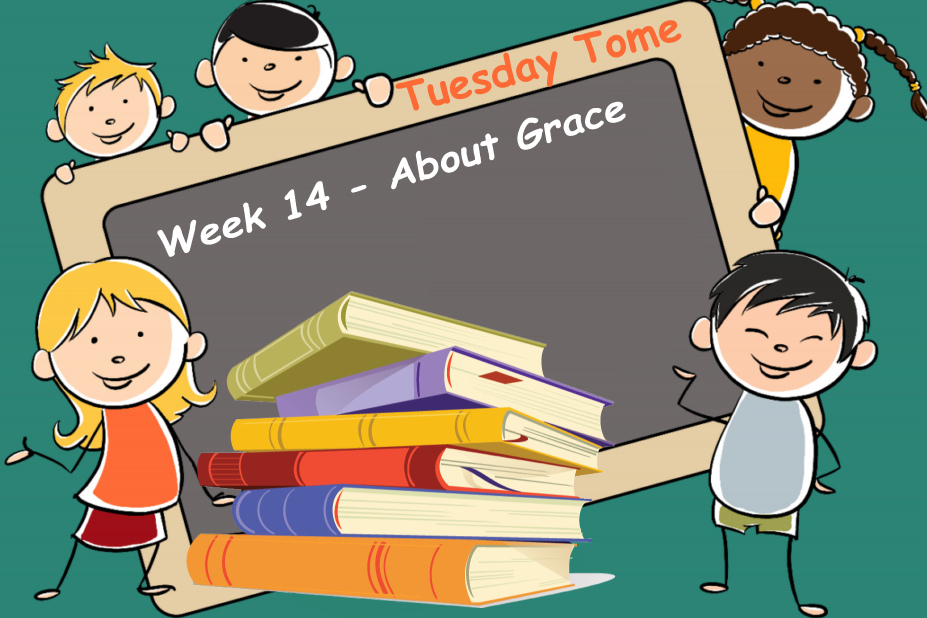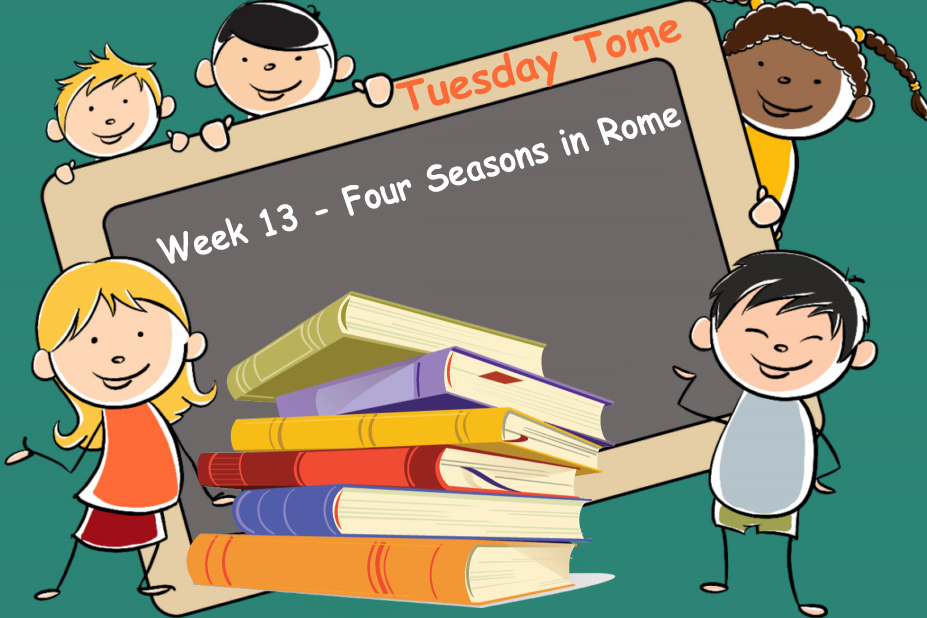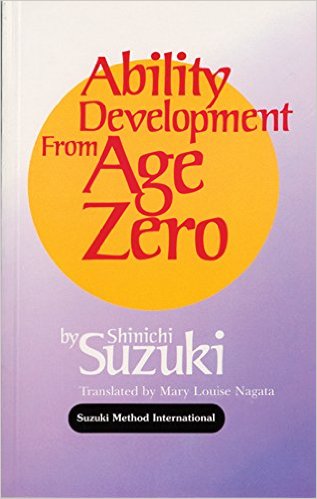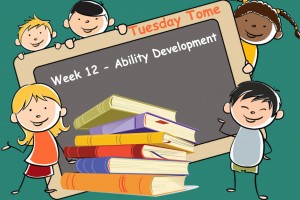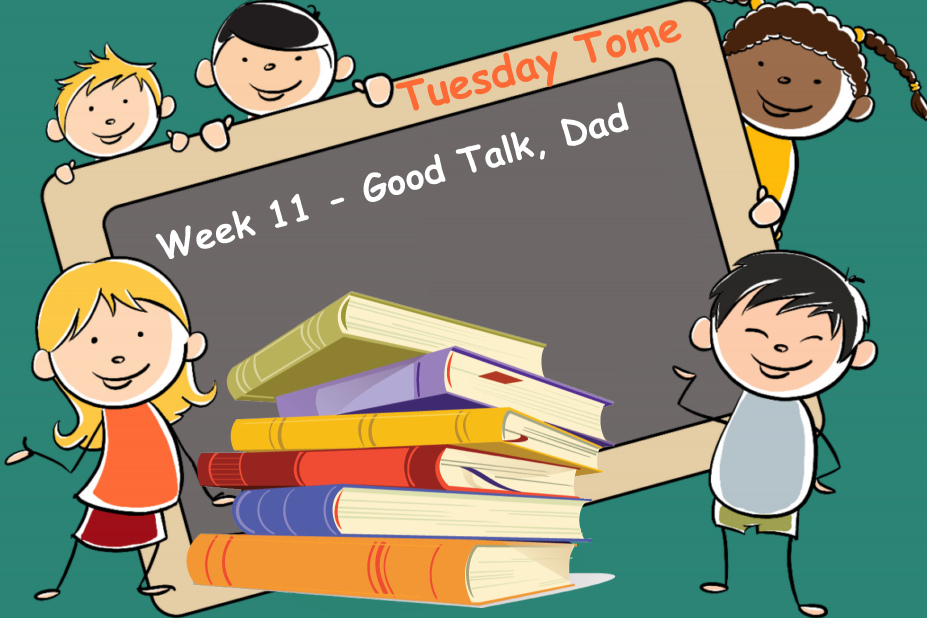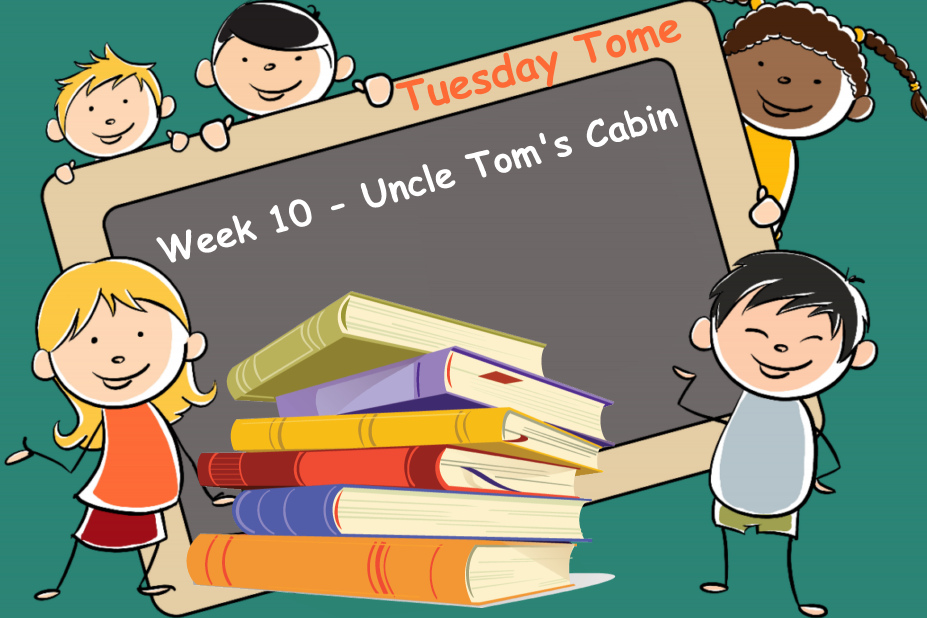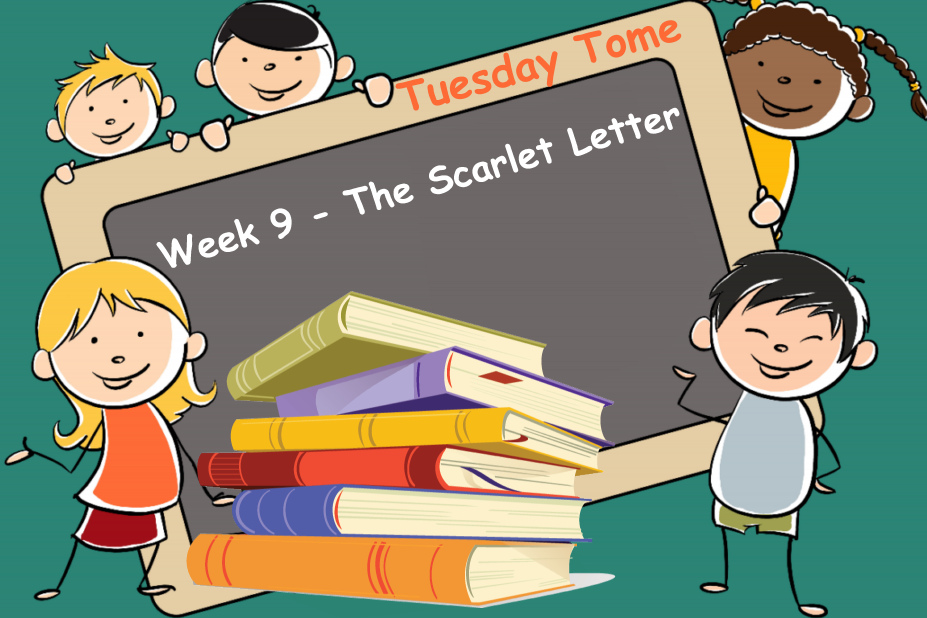The Thing Around Your Neck by Chimamanda Ngozie Adichie has taken me on an emotional journey to Africa and back to the US through several stories, all represented in the book as Chapter 1. These are short stories and they could all be the beginning chapters of stand-alone novels. Different characters – mostly women – are portrayed in a slice-of-life setting with their painful, emotional situation, and how they get out of it. Or not.
As such, it was difficult at first to get into each story. Each story had different protagonists and their African names did not make it easy for me to keep them straight. Adichie’s writing makes these people so real, so believable, you feel like you know who they are after the first few paragraph which describe something they did or felt. And yet, this bursting into their life from paragraph one felt like a movie with lots of close-ups. You did not get an overall picture of any landscape. It wasn’t a bad thing. Just a different way of immersing yourself into a book. And I relish literary challenges.
